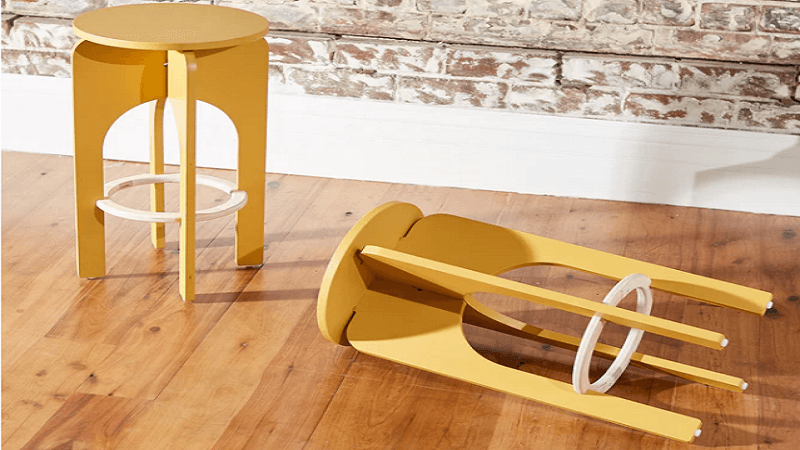A cafe’s ambience is a backdrop and a vital character in its story. And for cafe owners, the challenge and art lie in crafting a space that isn’t just visually appealing but also emotionally resonant. A cafe, after all, serves as a haven where people come to unwind, work, socialise, or simply savour a moment of solitude with their favourite beverage. So, this comprehensive guide will explore the nuances of designing a cafe that speaks to the hearts of its patrons. From the strategic placement of contemporary billi stools for those quick coffee encounters to the creation of cosy corners for leisurely afternoons, every aspect of cafe design plays a crucial role in weaving the tapestry of a memorable customer experience.
Understanding Your Audience
First, consider your target demographic. Are you catering to busy professionals, students, or leisurely readers? Understanding your audience helps in creating a space that resonates with them. For instance, professionals might appreciate a minimalist, efficient layout, while students may prefer cozy, relaxed seating for longer stays.
Choosing a Theme
Selecting a theme is essential for creating a cohesive look. Whether it’s modern, rustic, or vintage, your theme should reflect the cafe’s personality. This thematic approach aids in making design decisions easier, from colour schemes to furniture choices.
Importance of Colour and Lighting
Colours significantly impact the mood of a space. For instance, warm tones can create a cosy, inviting atmosphere, while cool tones might evoke a more modern, clean feel. Lighting also plays a pivotal role. Natural light is ideal, but in its absence, opt for soft, warm artificial lighting that mimics daylight. Likewise, avoid harsh fluorescents that can create an unwelcoming environment.
Furniture Selection: Comfort Meets Style
Comfortable seating is crucial for a pleasant customer experience. Chairs and sofas should offer comfort for extended periods. Incorporating stylish yet comfortable billi stools can add a modern touch, perfect for quick coffee breaks or informal meetings. Likewise, ensure there’s a variety of seating options to cater to different needs and preferences.
Layout: Balancing Form and Function
The layout should balance aesthetic appeal with functionality. Ensure there is ample space for movement and consider the flow of traffic. A well-thought-out layout facilitates efficient service and creates a relaxed environment where customers don’t feel crowded.
Creating a Sensory Experience with Music and Scents
Music and scent are powerful tools in creating ambience. Background music should align with the cafe’s theme and be played at a volume that encourages conversation. Similarly, a subtle scent like freshly ground coffee or baked pastries can make the cafe more inviting and enhance the overall sensory experience.
Incorporating Art and Decor
Art and decor can add character to your cafe, so choose pieces that align with your theme and speak to your brand’s personality. This could range from local artwork to vintage coffee equipment. Decor should complement, not overpower, the space.
Outdoor Seating: Extending the Experience
If space allows, outdoor seating can be a significant draw. It offers an alternative ambience, especially during pleasant weather. Comfortable and durable furniture and elements like plants or umbrellas can also make outdoor areas inviting.
Attention to Detail: The Finishing Touches
Small details can make a big difference. This includes elements like tableware, napkin holders, and menu design. These finishing touches should align with the overall theme and contribute to the cohesive feel of the cafe.
Building a Community Space
Beyond just aesthetics, consider how your cafe can become a community hub. Hosting events, displaying local art, or having a community bulletin board can foster a sense of belonging among customers.
Conclusion
Designing the perfect cafe ambience is a blend of art and strategy. It’s about creating a space where every element, from the colour on the walls to the billi stools by the counter, contributes to an inviting atmosphere. Nevertheless, the goal is to design a space where customers feel comfortable and enjoy spending their time. A well-designed cafe can become a cherished part of the community, a place where memories are made over cups of coffee.
